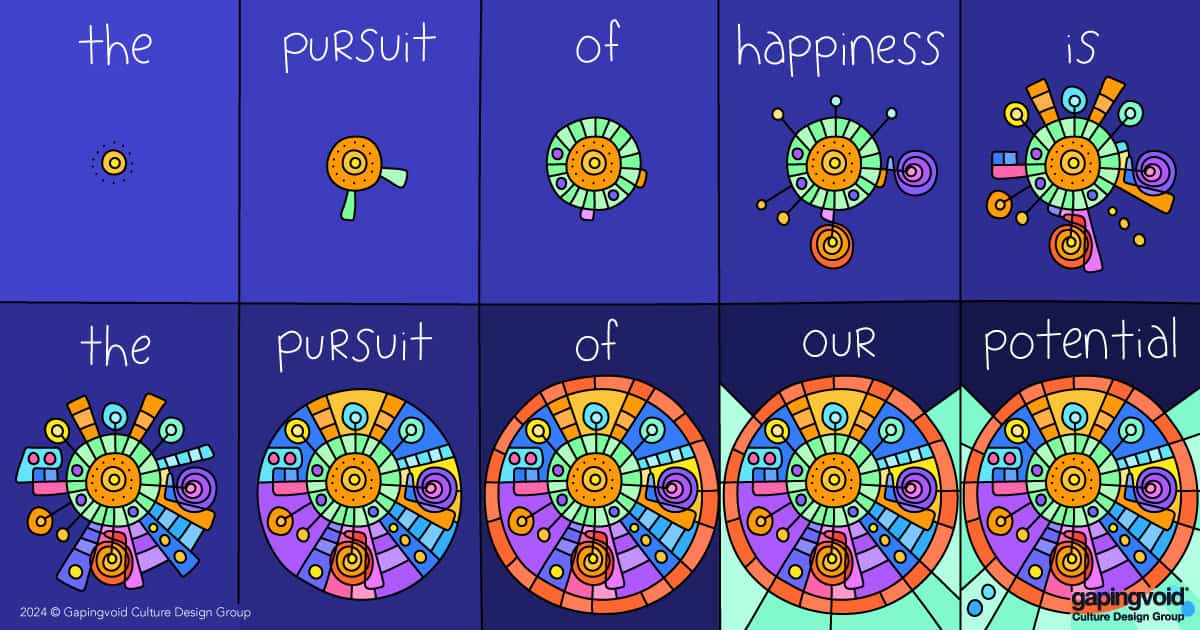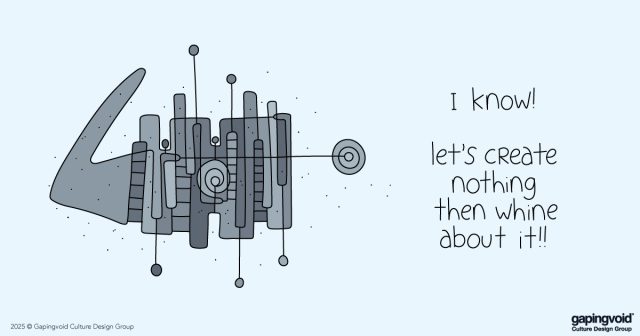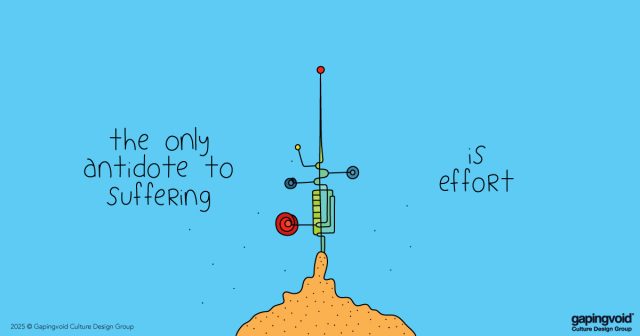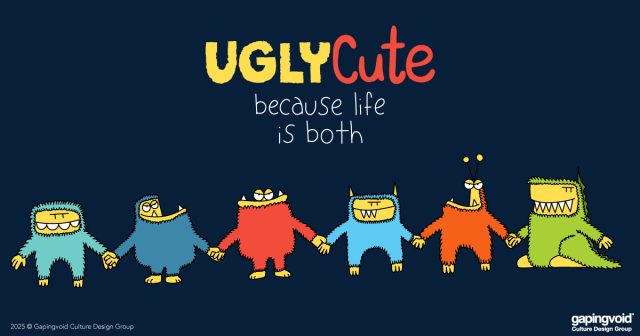
Apparently, we were a lot happier last year than we are this year. At least that’s what the studies say, (and we all know they’re right).
The United States dropped out of the top 20 happiest countries for the first time ever. Last year, we were #15. This year, we’re #23.
This analysis is based on responses to a simple prompt called the Cantril Scale:
“Please imagine a ladder with steps numbered from zero at the bottom to 10 at the top. The top of the ladder represents the best possible life for you and the bottom of the ladder represents the worst possible life for you. On which step of the ladder would you say you personally feel you stand at this time?”
Before we all despair, it’s worth noting the limitations of the study. And there are at least three.
First, as the old Kindergarten question goes, “How do we know that what I see as red is the same as what you see as red?” How do we know that a 10 for someone in Portugal is the same as a 10 for someone in Paraguay? In other words, are we really measuring well-being, or just differences in standards of evaluation?
Second, happiness is hard to define and harder to measure. The meaning of happiness has been debated for millenia. And the question still isn’t settled. It probably never will be. It seems tenuous to say we have less happiness than we used to when we still hardly know what happiness is. As for measuring it, happiness is a subjective emotion and by its very nature inaccessible to direct empirical measurement. All we can rely on are heuristics, which brings us to the third issue.
All heuristics are flawed, but some are more flawed than others. Is an ambiguous scale of 1-10 the best heuristic for happiness? Probably not. Here are some potentially better ones:
- Do you feel in charge of your life or like external events define your fate? (Autonomy)
- How many people feel the impact of your work? (Purpose)
- How many of your neighbor’s names and basic backstories do you know? (Community)
- Are you growing? Leveling up in your work? Getting better every day? (Mastery)
- How often do you have meaningful conversations? (Connection).
We could argue that autonomy, purpose, community, mastery, connection – are far more holistic and effective heuristics that have been shown to increase feelings of well-being.

But how we measure it isn’t the point. Happiness is a complex outcome. It’s not something you can order on Amazon. As Viktor Frankl wrote,
“For success, like happiness, cannot be pursued; it must ensue, and it only does so as the unintended side-effect of one’s personal dedication to a cause greater than oneself or as the by-product of one’s surrender to a person other than oneself. Happiness must happen, and the same holds for success: you have to let it happen by not caring about it.”
Point is: the good life isn’t about “happiness.” It’s about meaning. Meaning is more resilient. More significant. More enduring. It emerges when we live out our most noble motivations. It’s a process, not a point in time. It’s a never ending game. All we can do is choose to keep playing.
What would happen if we stopped measuring happiness, and started measuring the amount of meaning we experience? And more importantly, if we reoriented our lives, our work, and our organizations toward cultivating more of it?



